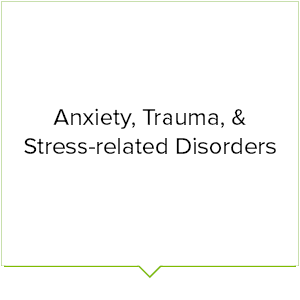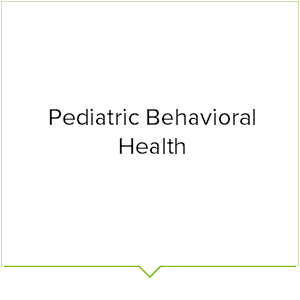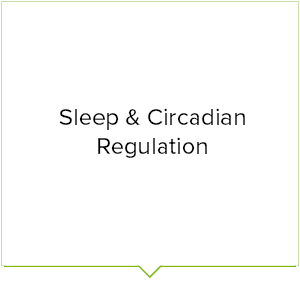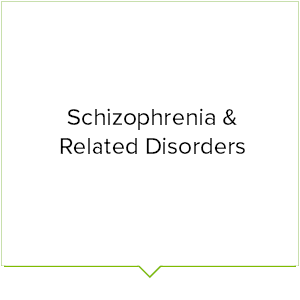
According to the National Institute of Mental Health, almost one in five adults in the United States have had an anxiety disorder, such as generalized anxiety disorder, panic disorder, or social anxiety, in the past year. These disorders can cause a significant impact on work, relationships, or daily activities with 22% of adults with anxiety disorders experiencing serious impairment.

Mood Disorders, such as major depressive disorder and bipolar disorder, represent a group of common and debilitating mental illnesses. While major depressive disorder is the most widespread mood disorder with an approximate lifetime prevalence of 15%, bipolar disorder is a severe form of mood disorder with an estimated prevalence of 2-4%. The World Health Organization has ranked depression and bipolar disorder among the most disabling conditions worldwide.




